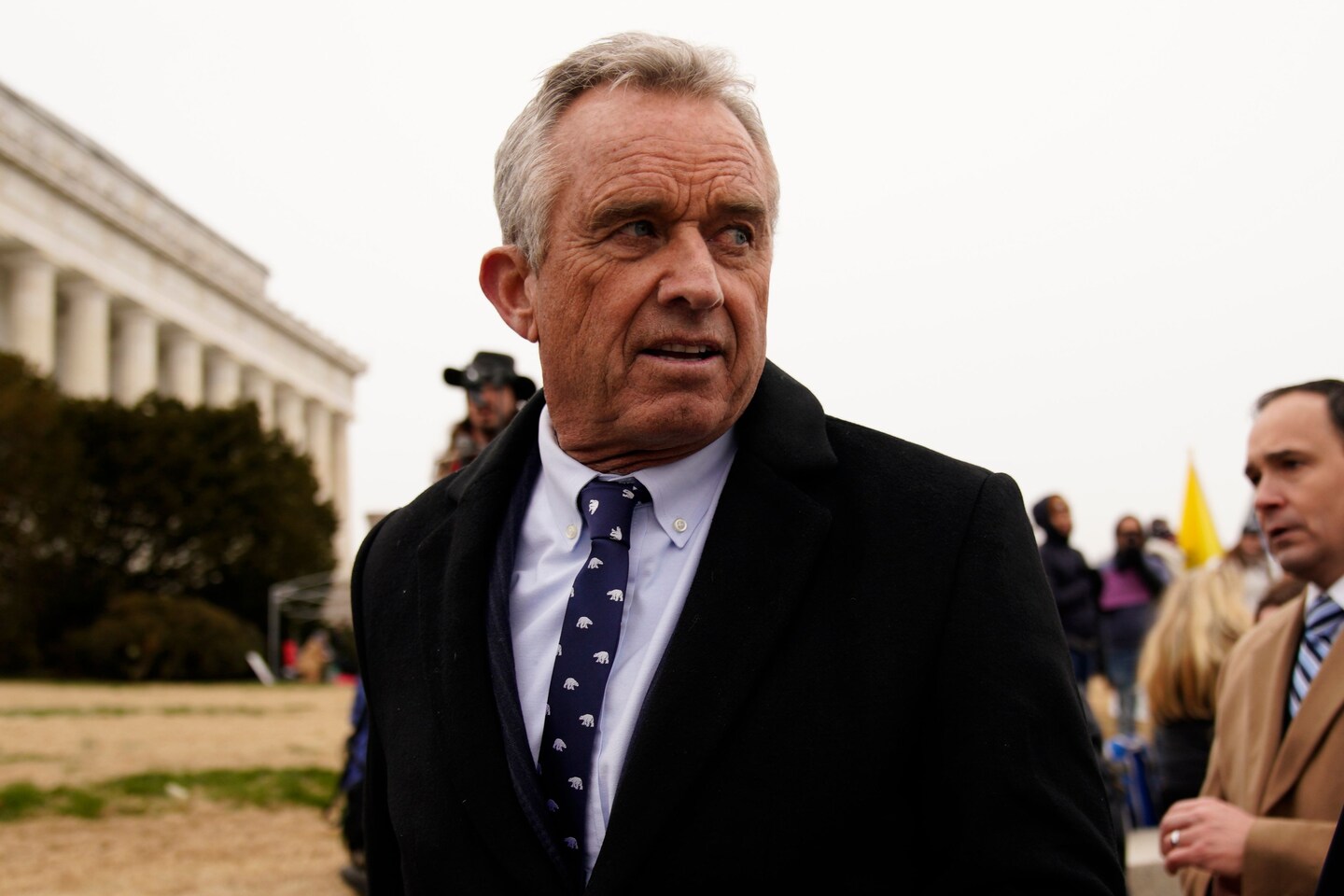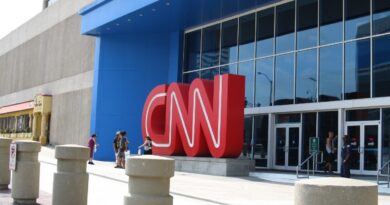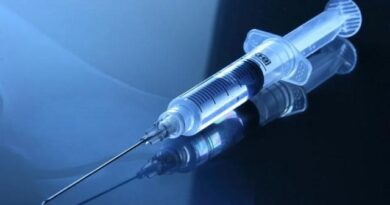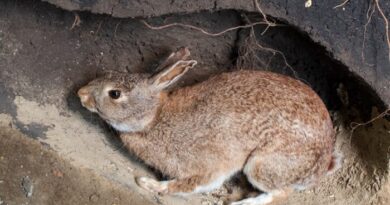RFK Jr. apologizes for Anne Frank comparison in anti-vax speech

On Tuesday, after intense criticism, he tweeted that to “the extent my remarks caused hurt, I am truly and deeply sorry.”
“I apologize for my reference to Anne Frank, especially to families that suffered the Holocaust horrors,” wrote Kennedy, the son of Sen. Robert F. Kennedy (D-N.Y.) and nephew of President John F. Kennedy. “My intention was to use examples of past barbarism to show the perils from new technologies of control.”
Even before the pandemic, Kennedy’s statements on vaccines and support for conspiracy theories put him at odds with family members, health professionals and historians. Some social media platforms have banned him. But his speech Sunday drew especially strong condemnation.
The Auschwitz Memorial expressed anger at his comments in a tweet without naming him. “Exploiting … the tragedy of people who suffered, were humiliated, tortured & murdered by the totalitarian regime of Nazi Germany — including children like Anne Frank — in a debate about vaccines & limitations during global pandemic is a sad symptom of moral & intellectual decay.” The U.S. Holocaust Memorial Museum released a similar statement.
1/ Making reckless comparisons to the Holocaust, the murder of six million Jews, for a political agenda is outrageous and deeply offensive. Those who carelessly invoke Anne Frank, the star badge, and the Nuremberg Trials exploit history and the consequences of hate.
— US Holocaust Museum (@HolocaustMuseum) January 24, 2022
Anti-Defamation League CEO Jonathan Greenblatt tweeted that the statements were “deeply inaccurate, deeply offensive and deeply troubling.”
Kennedy’s wife, actress Cheryl Hines, also distanced herself from his remarks. “My husband’s opinions are not a reflection of my own,” she tweeted. “While we love each other, we differ on many current issues.”
David Nasaw, a retired history professor who wrote a book about Kennedy’s grandfather, said Kennedy was cordial, down-to-earth and intelligent when he met him in person in 2011. Nasaw said he gave Kennedy the benefit of the doubt when the son supported the release of his father’s killer or when he backed inaccurate views about vaccines.
“But it is beyond the pale,” Nasaw said in a phone interview of Kennedy’s remarks about Frank. “Was the speech scripted? Did he write it? Or is it because he saw that ’60 Minutes’ had done something recently about Anne Frank?” he added, referring to the CBS news show’s airing of an investigation about who might have turned in Frank and her family to Nazi authorities.
In a statement sent Monday to the Associated Press by a spokeswoman for Kennedy, he said he “compared no one to the Nazis or Adolf Hitler.”
“I referred to Anne Frank’s terrible two year ordeal only by way of showing that modern surveillance capacity would make her courageous feat virtually impossible today,” Kennedy said.
It was not the first time Kennedy has invoked the Holocaust in reference to vaccines. In 2015, he said of vaccinations: “They get the shot, that night they have a fever of a hundred and three, they go to sleep, and three months later their brain is gone. This is a holocaust, what this is doing to our country.”
For years, Kennedy, an environmental lawyer and author, has publicly supported the claim that vaccines cause autism. They do not.
In 2005, Kennedy incorrectly wrote in an article published in Rolling Stone and Salon that an ingredient in some new vaccines, thimerosal, was dangerous and that the government was hiding its links to autism. Rolling Stone issued several corrections. Salon retracted the story from its website. Kennedy expanded the article into a book published in 2014.
Such views have invited rebukes from other family members, including one from niece Kerry Kennedy Meltzer, an internal medicine resident physician. In an opinion piece for the New York Times in December 2020, when coronavirus vaccines were first being rolled out, Meltzer said she loved her uncle. “But when it comes to vaccines, he is wrong,” she wrote.
In a 2019 opinion piece for Politico Magazine, Kennedy’s siblings and a different niece noted how President Kennedy had signed the 1962 Vaccination Assistance Act, to highlight that his nephew’s inaccurate statements on vaccines were worsening a measles outbreak in the country at the time.
Barbara A. Perry, director of presidential studies at the University of Virginia’s Miller Center and a Kennedy family scholar, said she suspected Robert Kennedy Jr.’s opposition to vaccine mandates came from his work as an environmentalist.
He has campaigned against pollutants, such as mercury, that contaminate food sources, Perry said in an interview. “Clearly he doesn’t want people poisoned in the environment by pollutants,” she said. “In his mind, I guess, it’s a pretty easy step to [think] not poisoning the body through vaccination.”
Hannah Knowles contributed to this report.
This article has been archived for your research. The original version from The Washington Post can be found here.


